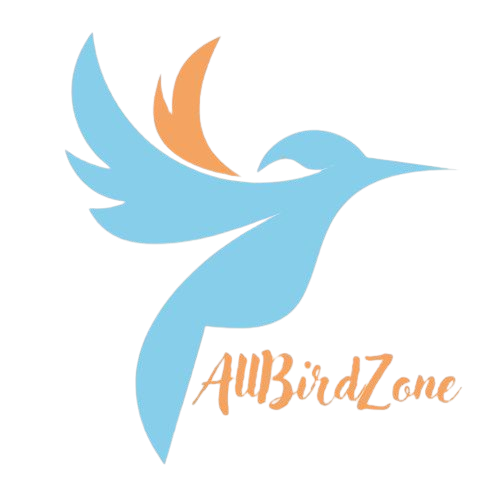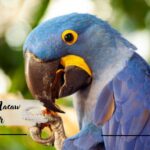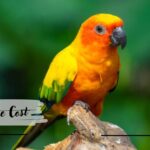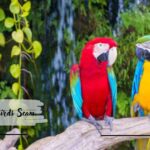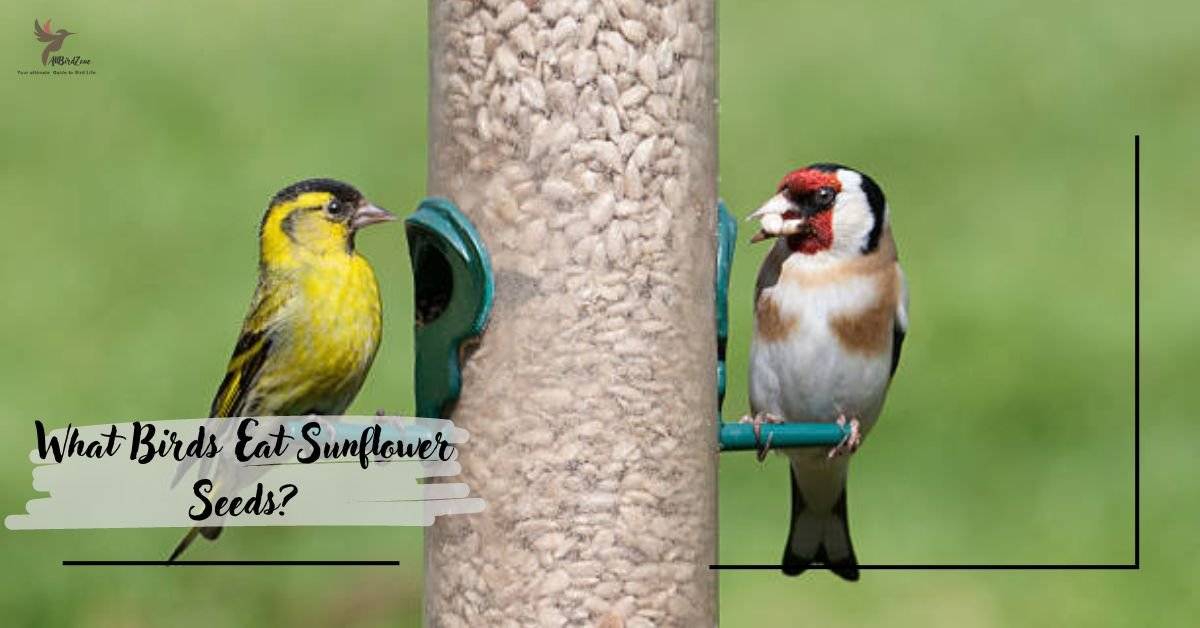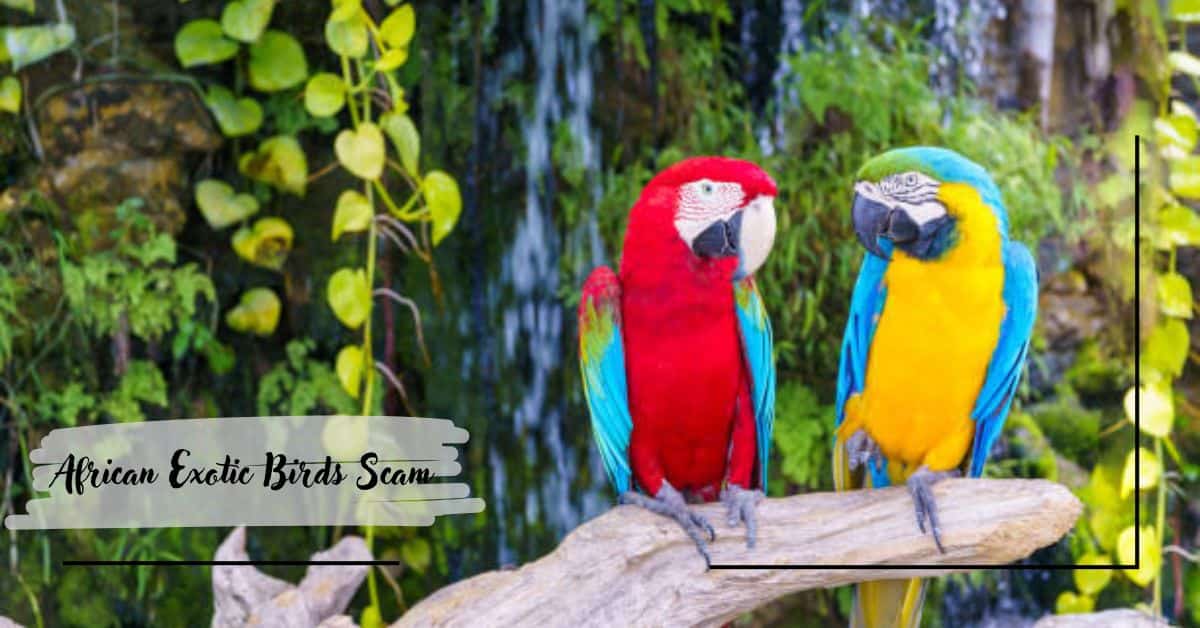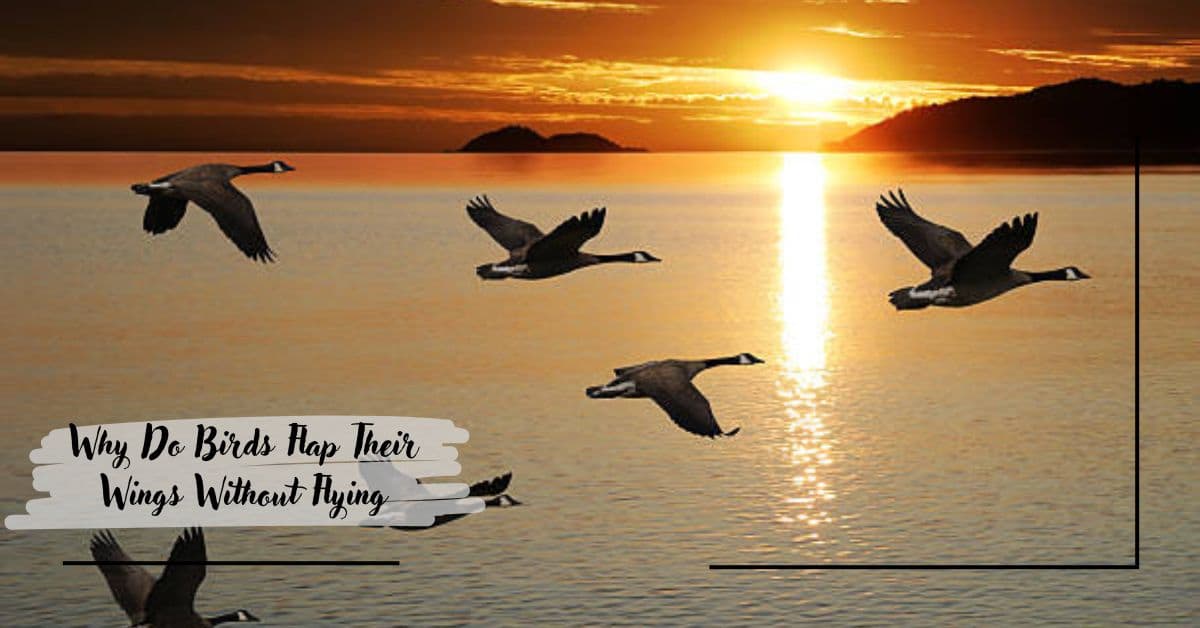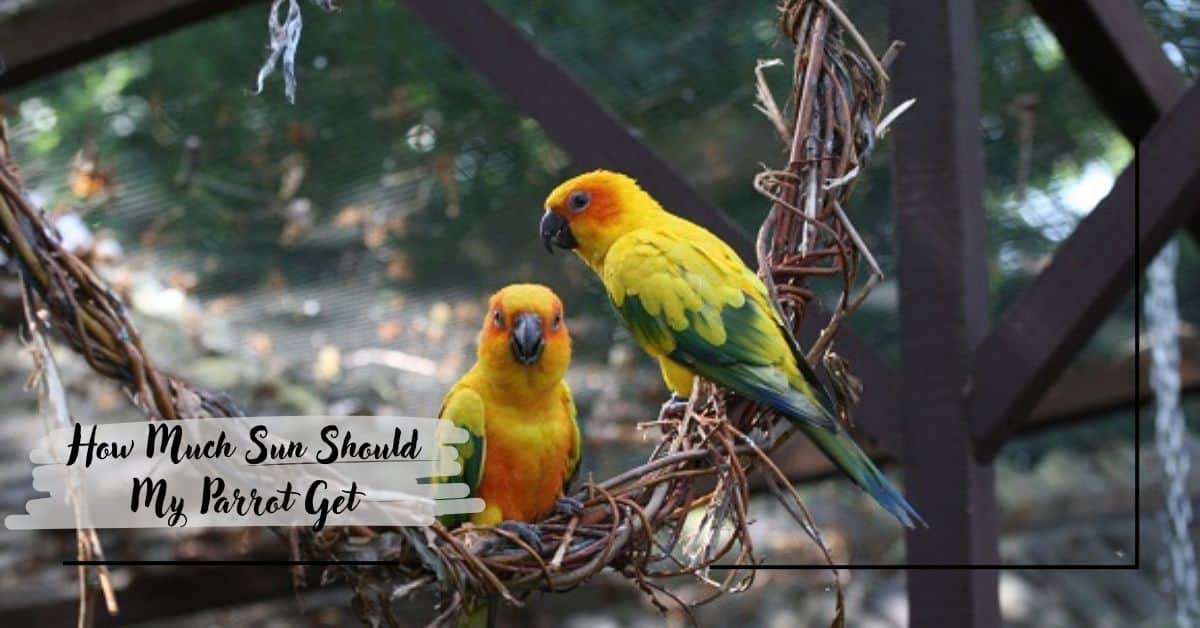What Birds Eat Sunflower Seeds? In my garden, I’ve seen a delightful mix of cardinals, blue jays, and chickadees flock to my feeder for sunflower seeds. Watching these beautiful birds enjoy their snacks has become one of my favorite parts of the day.
Many birds enjoy sunflower seeds, including cardinals, blue jays, chickadees, nuthatches, and finches. These seeds are high in nutrients and fats, making them a favorite choice for backyard bird feeders.
What Are Sunflower Seeds?
Sunflower seeds are the edible seeds of the sunflower plant. They are rich in oils, proteins, and other essential nutrients. Sunflower seeds come from the sunflower’s flower head, which contains many small seeds encased in a hard shell. They are commonly used as bird feed, snacks, and in various recipes.
What Birds Eat Sunflower Seeds?
Sunflower seeds are a favorite among many bird species due to their high nutritional value. Common birds that eat sunflower seeds include:
1. Cardinals:
These bright red birds are frequent visitors to backyard feeders and enjoy sunflower seeds for their high-fat content.
2. Blue Jays:
Known for their striking blue coloration, Blue Jays are attracted to sunflower seeds and will often stash them for later.
3. Chickadees:
Small and lively, Chickadees are frequent visitors to feeders and are known for their love of sunflower seeds.
4. Nuthatches:
These birds, which can climb down trees headfirst, also enjoy sunflower seeds.
5. Finches:
Many types of finches, including Goldfinches and House Finches, are drawn to sunflower seeds.
How to Feed Birds Sunflower Seeds Properly?
- Choose the Right Feeder: Use tube feeders, hopper feeders, or platform feeders to accommodate different bird species.
- Keep Feeders Clean: Regularly clean feeders to prevent mold and bacteria from forming, which can harm birds.
- Refill Seed Supply: Ensure that feeders are filled with fresh seeds and check them regularly.
- Provide Water: Place a water source near the feeder to keep birds hydrated.
- Position Feeders: Place feeders in a safe, quiet area away from predators and where birds can easily spot them.
What Are Types of Sunflower Seeds?
Sunflower seeds come in several types, each with different characteristics:
1. Black Oil Sunflower Seeds:
These have a high oil content, making them very nutritious. They are favored by many bird species because they are easy to crack open.
2. Striped Sunflower Seeds:
These are larger and have a harder shell, which can be tougher for smaller birds to open. They are less common in bird feeders.
3. Shelled Sunflower Seeds:
These seeds have had their shells removed, making them easier for birds to eat but more expensive.
What Are Best and Healthy Sunflower Seeds for Birds:
For the healthiest options:
- Black Oil Sunflower Seeds are the best choice due to their high oil and nutrient content. They provide essential fats and proteins that are important for bird health.
- Shelled Sunflower Seeds are also a good option if you want to avoid the mess of discarded shells and make it easier for birds to eat.
How to Attract Birds with Sunflower Seeds?
- Use Quality Seeds: Black oil sunflower seeds are particularly effective at attracting a variety of bird species.
- Mix Seeds: Combining sunflower seeds with other birdseed types can attract an even wider range of birds.
- Place Feeders Strategically: Position feeders in areas that are visible to birds but safe from predators.
- Maintain Feeders: Keep feeders clean and stocked with fresh seeds to ensure birds keep coming back.
- Add Water: Provide a nearby water source to attract birds and encourage them to visit your feeder.
Here are some frequently asked questions about sunflower seeds for birds that haven’t been covered in the article:
FAQs About Sunflower Seeds for Birds:
Can I use roasted sunflower seeds for birds?
Roasted sunflower seeds are not recommended for birds. They may contain added salt or other ingredients that can be harmful. It’s best to use raw or unsalted sunflower seeds.
How can I store sunflower seeds to keep them fresh?
Store sunflower seeds in an airtight container in a cool, dry place. Avoid exposing them to moisture, which can cause mold and spoilage.
Are sunflower seeds bad for birds if they eat too many?
While sunflower seeds are nutritious, they should be offered in moderation. Too many seeds can lead to an imbalanced diet, so provide a variety of foods to ensure a well-rounded diet.
Can I grow sunflowers for birds in my garden?
Yes, growing sunflowers in your garden can attract birds. They provide seeds for birds to eat once they mature. Just ensure you choose bird-friendly varieties and let the flowers mature fully.
What should I do if I notice mold on sunflower seeds?
If you see mold on sunflower seeds, discard them immediately. Moldy seeds can be harmful to birds. Regularly check and clean feeders to prevent mold growth.
Do different types of birds prefer different kinds of sunflower seeds?
Generally, most birds prefer black oil sunflower seeds due to their high oil content. However, some larger birds might also eat striped sunflower seeds if they are available.
Can sunflower seeds attract pests like squirrels or rodents?
Yes, sunflower seeds can attract squirrels and rodents. To minimize this, use squirrel-proof feeders or place feeders in locations that are less accessible to these animals.
How often should I clean my bird feeders?
Clean bird feeders at least once a week to prevent the buildup of mold and bacteria. Regular cleaning ensures that the seeds remain fresh and safe for birds.
Can I mix sunflower seeds with other types of bird seed?
Yes, mixing sunflower seeds with other types of bird seed can attract a wider variety of birds. Just make sure the mix is suitable for the species you want to attract.
Are sunflower seeds safe for baby birds?
Baby birds can eat sunflower seeds, but they should be ground into smaller pieces to make them easier to digest. In general, it’s best to provide specialized food for young birds.
Conclusion:
Sunflower seeds are a fantastic and nutritious choice for attracting a variety of birds to your feeders. By choosing the right type of seeds, using proper feeding techniques, and maintaining clean feeders, you can create a welcoming environment for your feathered friends. Enjoy watching the diverse birds that visit your garden, and remember to keep their feeding area safe and well-stocked for a vibrant birdwatching experience.
